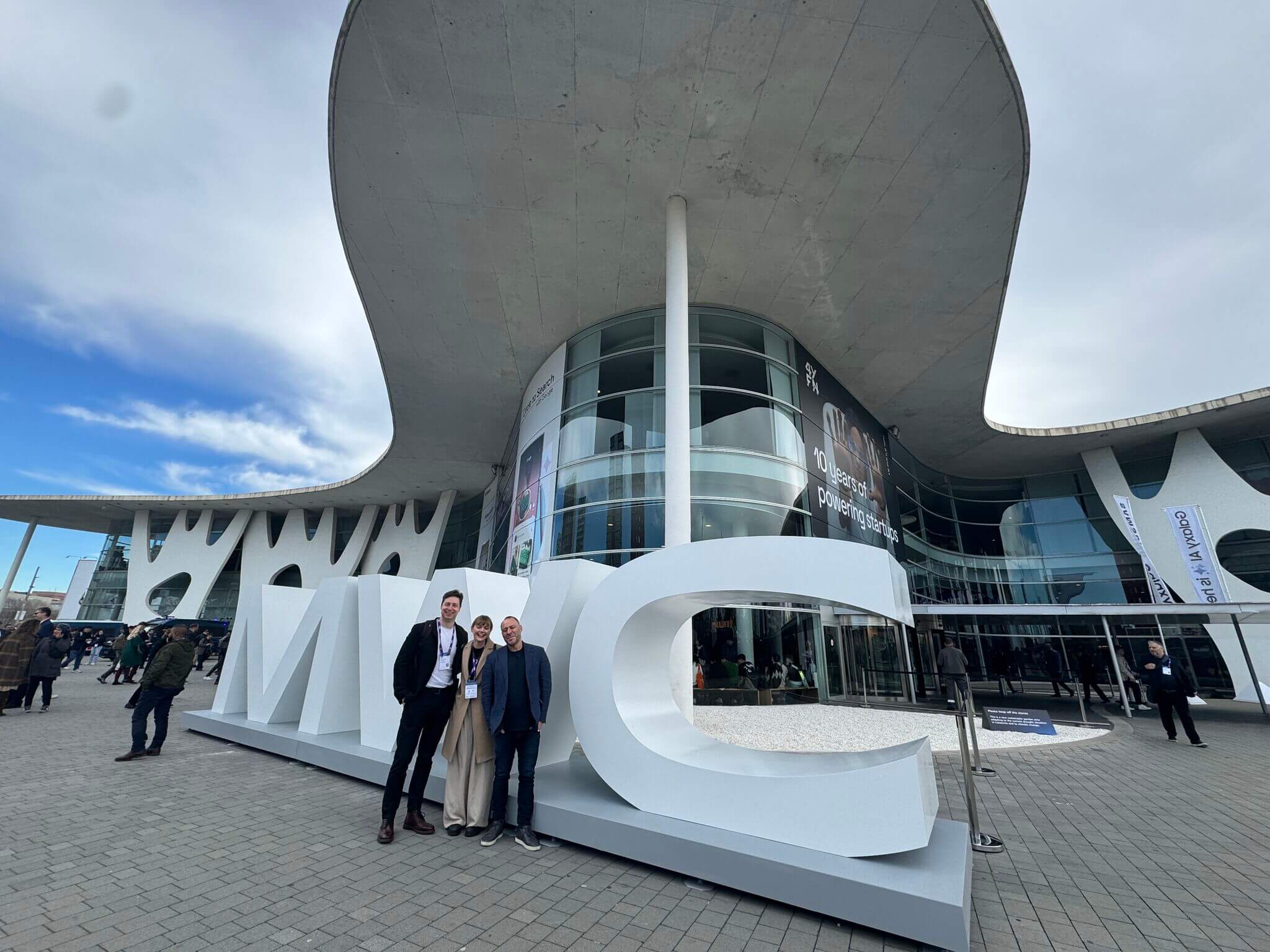As I head home from Mobile World Congress in Barcelona, I am blown away by what I’ve seen and learnt already this week. From the launch of rSIM with CSL Group, to Dave Pankhurst from Etc. at BT Group‘s drones panel discussion on the Accenture stage, and Lucy Hedges broadcasts with Vodafone team, here are some of my highlights:
Rise of device led health care
SIM, eSIM and dual SIM technology in healthcare – making traditional healthcare settings more adaptable, resilient and efficient and extending the reach of healthcare beyond traditional settings e.g. warzones, rural/isolated areas and allowing better security from cyber-attacks in areas of geo-political threat.
Enhanced global safety and security from hackers and identity fraud
Many businesses are blending this with biometric security measures such as face ID and fingerprint technology resulting in safer business and better national security.
Sustainability
eSIMs produce 46% less carbon emissions over the course of product life cycle than traditional physical SIMs. As businesses are increasingly scrutinized on ESG reporting and Net Zero commitments businesses are starting to consider the impact of their full supply chain including SIM providers and the sustainability of their suppliers business models.
The next evolution? Blockchain SIM cards.
Blockchain technology in the telco industry valued at estimated $1 billion in 2023. Huge impact in African/Nigerian market by improving access to financial institutions, more secure identity management and connecting people across borders. The development will need infrastructure development and regulatory considerations but a promising and feasible development in international development.
